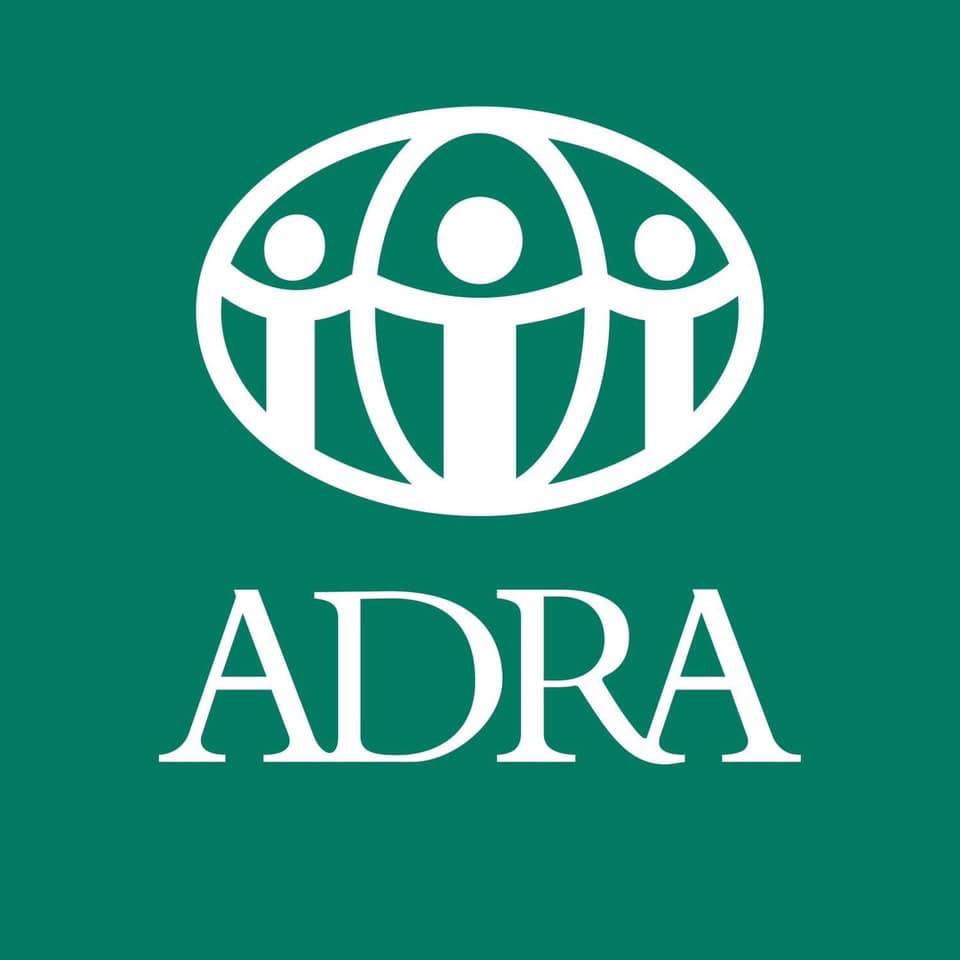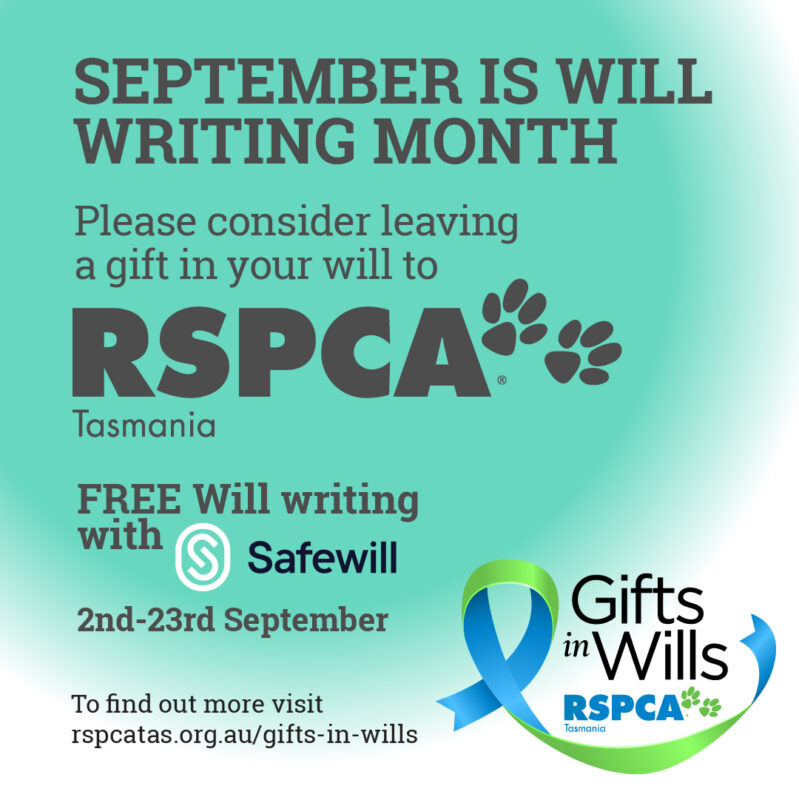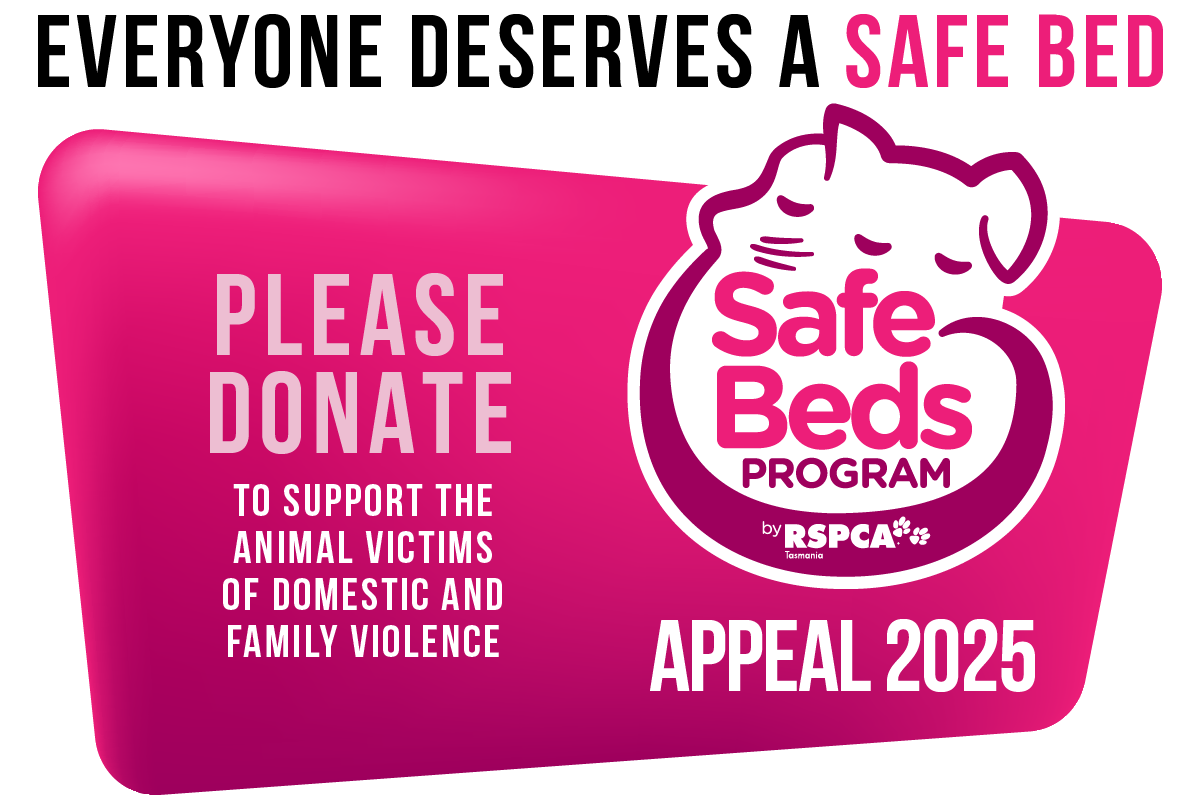Your Cat And The Law
Recent amendments to the Cat Management Act 2009 are changing the way cats are cared for and managed in Tasmania.
These amendments will impact all cat owners and we want to tell you about the changes that may be important to you.
Some of the amendments came into effect on 1 March 2021, with others starting in March 2022 to give people time to adjust to the new requirements. Download our brochure for more information on cat management legislation in Tasmania.
Key amendments are summarised below:
Starting 1 March 2021
Starting 1 March 2022
Reclaiming cats from cat management facilities
A cat that is being cared for at a cat management facility must be microchipped and desexed before being reclaimed from the facility.
So, what does this mean if your cat ends up at a cat management facility?
Cats in the care of a cat management facility will be scanned for a microchip. If the cat is microchipped, the operator of the facility will try to contact the owner of the cat via the details provided on the online microchip registry.
Cat management facilities are required to hold microchipped cats for five days and non-microchipped cats for three days, to provide the opportunity for cats and their owners to be re-united. After this time, the facility may rehome the cat.
Before you can reclaim your cat, the facility must make sure the cat is microchipped and desexed. Exemptions to microchipping will apply where a vet certifies that microchipping may adversely affect the health and welfare of the cat.
Exemptions to desexing will apply to a cat where a vet certifies that desexing may adversely affect the health and welfare of the cat; or to a cat owned for the purpose of breeding by a registered breeder or the holder of a cat breeding permit in relation to the cat; or where arrangements have been made with a veterinary surgeon to desex the cat. The facility may charge you for the costs associated with your cat being microchipped and desexed.
Protection of private land from stray and roaming cats
A person will be permitted to trap a cat on their private property, as long as any cat that is trapped is either returned to its owner; or taken to a cat management facility; or taken to a nominee of a facility, within 24 hours of being trapped. Traps must be checked at least once every 24-hour period after the trap is first set.
Before setting a trap, a person should first contact a cat management facility to understand the facility’s processes for accepting a cat, operating hours, and any associated fees. You should not take a cat to a cat management facility without contacting the facility first.
Under the Animal Welfare Act 1993, a person who sets a trap is responsible for the care and welfare of any animal that is caught in the trap and has a duty to take all reasonable measures to protect the welfare of the animal.
Please read our Guidelines for trapping a cat in urban and peri-urban areas if you are considering trapping a cat.
Compulsory microchipping and desexing of cats
From 1 March 2022, all cats over the age of four months must be microchipped and desexed. Exemptions to microchipping will apply where a vet certifies that microchipping may adversely affect the health and welfare of the cat. Exemptions to desexing will apply where a vet certifies that desexing may adversely affect the health and welfare of the cat; or to a cat owned for the purpose of breeding by a registered breeder or the holder of a cat breeding permit in relation to the cat.
Keeping a maximum of four cats
From 1 March 2022, a person must not keep more than four cats over the age of four months on an individual property. The limit of four cats will not apply to:
- a person who holds a multiple cat permit
- registered cat breeders
- a person who holds a cat breeding permit
- a person fostering a cat for a cat management facility or an approved organisation
- cat boarding facilities or veterinary establishments
- a person who is minding another person’s cat for less than six months.
Further information on keeping more than four cats will be provided in the coming months. Please check the NRET website for any changes.
Changes to breeder registration
From 1 March 2022, the State Government will no longer be registering cat breeders. Anyone wishing to breed a cat in Tasmania will be required to be a member of a recognised cat organisation or will have the option of applying for a conditional permit to breed a cat. Further information on conditional permits to breed a cat will be provided in the coming months. Please check the NRET website for any changes. There are four recognised cat organisations in Tasmania
- Cat Association of Tasmania Inc.
- Cat Control Council of Tasmania
- Australian National Cats Inc.
- Tasmanian Feline Association Inc.
The option of a care agreement on the sale of a cat will be removed
From 1 March 2022, a person selling a cat will no longer have the option to enter into a care agreement on the sale of the cat. From this date, any cat that is to be sold or given away must be at least eight weeks old, desexed and microchipped, wormed and vaccinated prior to sale. In addition, written evidence of the results of a general health check must be provided by a veterinary surgeon. Exemptions to microchipping will apply where a vet certifies microchipping may adversely affect the health and welfare of the cat. Exemptions to desexing will apply if the purchaser is a registered breeder; or where a vet certifies desexing may adversely affect the health and welfare of the cat; or the purchaser is the holder of a cat breeding permit in relation to the cat. DID YOU KNOW? Under the Cat Management Act 2009 to sell a cat includes: trade, give away, take consideration for, transfer ownership of and offer for sale. Visit the NRET website for more information on the amendments to the Cat Management Act. For more information on the benefits of microchipping and desexing, or for general information on how you can keep your cat happy and healthy at home visit our resources page.
Credit TassieCat.com
























